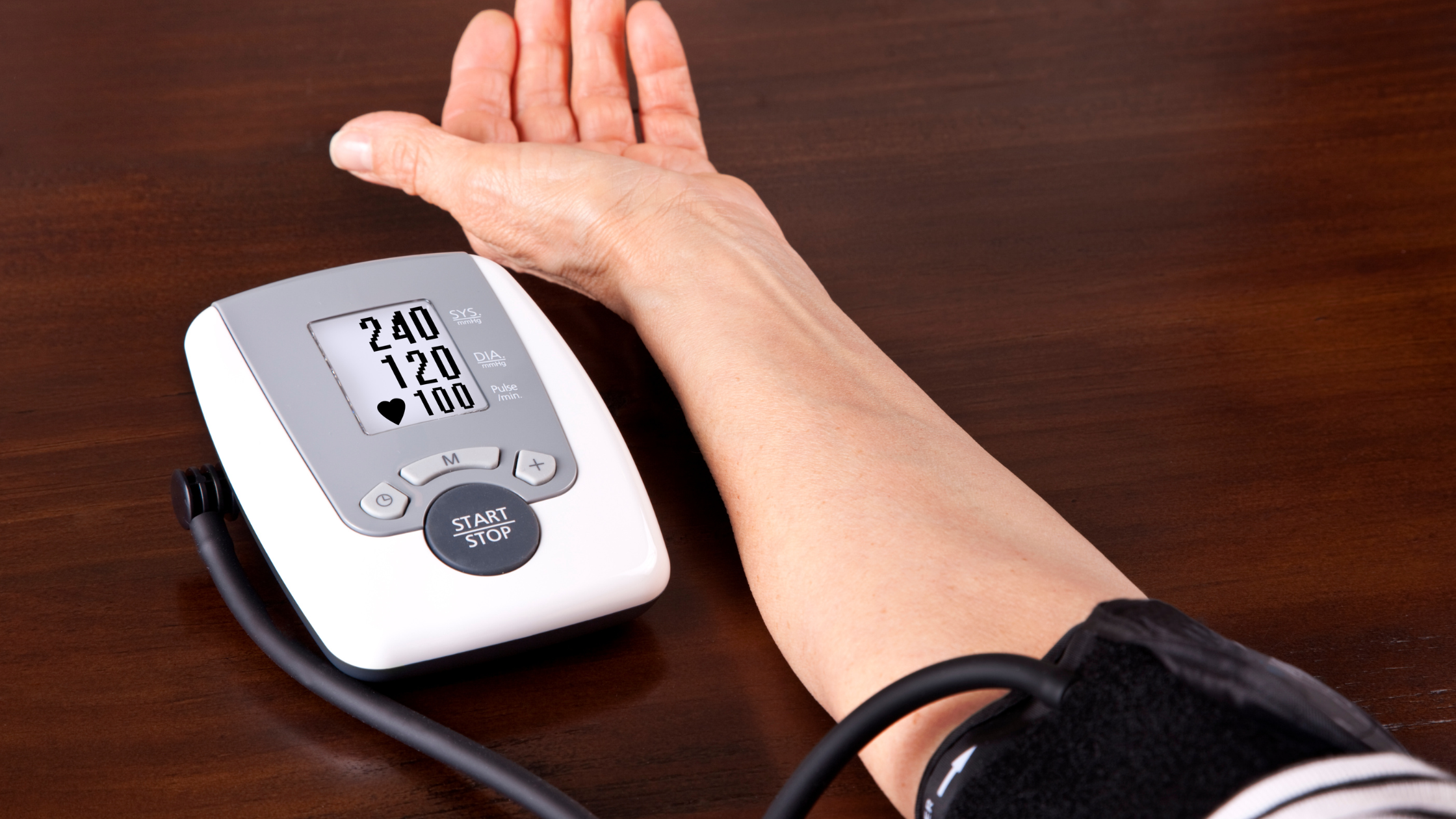Cannabidiol, or CBD oil, is a natural substance in cannabis plants. Specific doses of the substance could help support the management of hypertension, which is vital for overall blood pressure management.
How CBD Oil Be Used to Manage Blood Pressure
Enhances Human Endocannabinoid Signaling
The human body creates a specific signaling molecule called the endocannabinoid system, which regulates many vital functions like appetite, sleep habits and blood pressure. The body produces naturally occurring cannabinoids called endocannabinoids, which are found in the body’s natural fatty acids, cell membranes and the brain. High blood pressure can lead to an imbalance of one of these naturally occurring cannabinoids called arachidonoylethanolamide. This leads to hypertension, which puts individuals at risk for heart disease.
Inhibits Neurotransmitter Release
CBD may inhibit the release of neurotransmitters that lead to hypertension, and could possibly lead to reduced blood pressure. The release of one neurotransmitter e.g., dopamine or norepinephrine can lead to an increase in blood pressure (BP), while the release of another neurotransmitter, such as serotonin, can have a pro-hypertensive effect.
Enhances Parasympathetic Tone
The parasympathetic nervous system is the part of the autonomic nervous system which provides a “rest and digest” function, as opposed to the sympathetic nervous system, which stimulates arousal, fight-or-flight response and so on. This is vital for heart health since increased parasympathetic tone can reduce blood pressure. CBD oil may support enhancing parasympathetic tone.
Activates Cannabinoid Receptors
CBD may activate cannabinoid receptors, essential in regulating your body’s vascular tone. The activation of these receptors by CBD oil could help prevent inflammation of the blood vessels; hence it may be effective for hypertension. When the endocannabinoid system is not functioning correctly, it can decrease blood pressure and heart rate and cause adverse effects on the kidney and cardiovascular system.
Relieves Muscle Spasms
CBD oil could help individuals with its anti-spasmodic and sleep-inducing effects. It may be helpful for individuals with hypertension who suffer from muscle spasms in the blood vessels. Muscles have many receptors that respond to neurotransmitters, which could increase blood pressure. However, CBD could possibly help relieve tightness by activating CB1 receptors in the body’s muscles and heart.
Inhibits Enzymes
Cannabinoids like CBD oil could help to inhibit the activity of pro-hypertensive enzymes, such as phospholipase A2 (PLA2) and cyclooxygenase-2 (COX-2). COX-1 and COX-2 are enzymes that promote inflammation, whereas PLA2 is responsible for the production of prostanoids, a class of inflammatory molecules. Limiting these enzymes with CBD oil may be an effective way to promote lower blood pressure.
Anti-Infective Properties
CBD oil could produce anti-bacterial, anti-carcinogenic and anti-diabetic properties in several animal models. It may also prove to be helpful for hypertension because of its ability to inhibit the growth of pathogens like bacteria, fungi and viruses. CBD oil may provide safe supportive treatment to conventional antihypertensive drugs.
Aids Cardiac Function
Heart health is vital for hypertension control since the heart is responsible for circulating blood throughout the body and maintaining the body’s fluid balance. It is well established that increased blood pressure leads to an increased risk of cardiac events, such as heart attack and stroke. CBD oil may have anti-arrhythmic effects, possibly leading to lower blood pressure.
Manage Blood Pressure with Transformative Health
CBD could have the potential to help with managing blood pressure. It could also aid in relieving muscle spasms, aiding cardiac function, and inhibiting pro-hypertensive enzymes. If you or someone you know is suffering from high blood pressure, talk to a medical professional about the potential benefits of CBD oil. For more information, fill out the form below to contact our team.
 Skip to content
Skip to content


